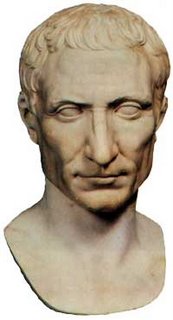Solution for illegal immigration problem

The issue of the illegal immigrants in th United States is a very complex one. Some sort of solution has to be found so that the legality problem is solved without affecting the human rights of people who is working. Here is a set of measures that I am proposing, just let me know what you think.
1. Close the border to illegal immigration starting tomorrow. Declare any new person who crosses illegally a felon and deport him/her immediately.
2. Give a 90-180 day notice for the 12 million illegal immigrants living in the country to report themselves to the authorities.
3. When reporting themselves, the illegal person should bring documentation showing that he or she has a job. Employers will be in the obligation to provide that documentation and will be assured that no measures would be taken against them. After that, the immigrant would be issued an ID card and would be given the assurance that they can remain in the country. The employers should start paying benefits.
4. Illegal immigrants who are unable to provide documentation of a job, should be deported immediately. In the case of a family composed of two parents and children, at least one parent should be working to avoid deportation for the whole family.
5. After the 90 or 180 day period, if an illegal immigrant does not have an ID card, he or she should be deported immediately. No new ID cards will be issued after the 90-180 day period. People on student/working visas should always carry proof of it(including myself)
6. If, after a certain period of years, the immigrant (who would not be illegal anymore) is able to be always employed, he should be eligible for citizenship.
7. Crimes commited by the immigrant would mean immediate deportation.
8. After the 90-180 day period, to employ an illegal immigrant without an ID card would also be considered a felony.
9. A national ID card would have to be issued in order to avoid inconvenient situations with citizens of the US or with legal immigrants.
Many of this measures are hard to apply, but they would assure that the illegal immigrants who are working as nannies or at the fields would remain in the country, would have a legal status and a pathway to citizenship. Productive people will stay. Employers will have responsabilities. There would always be abusive employers that would blackmail the immigrants, however, they would not have many people to choose from, so they would have to care for their workers.
The issue of the national ID card is also a difficult one, but, if there is going to be a solution to illegal immigration, all citizens would have to participate. We have to remember that we are talking about 4% of the current US population.

















